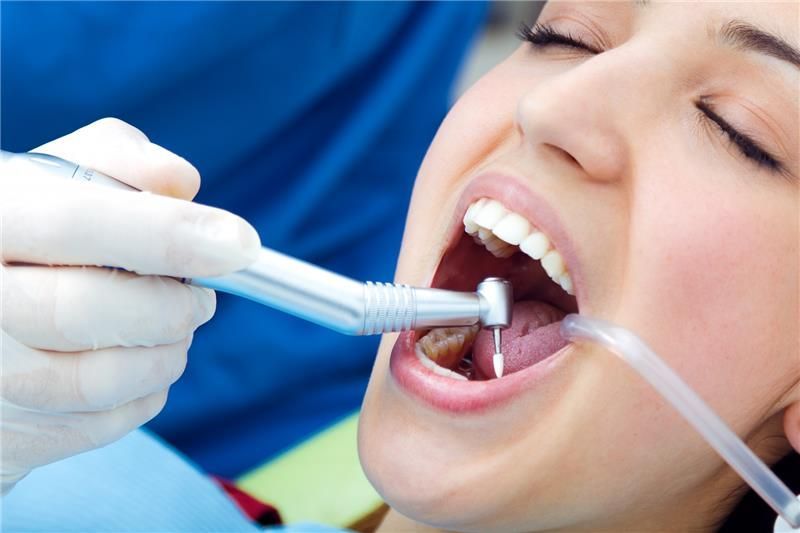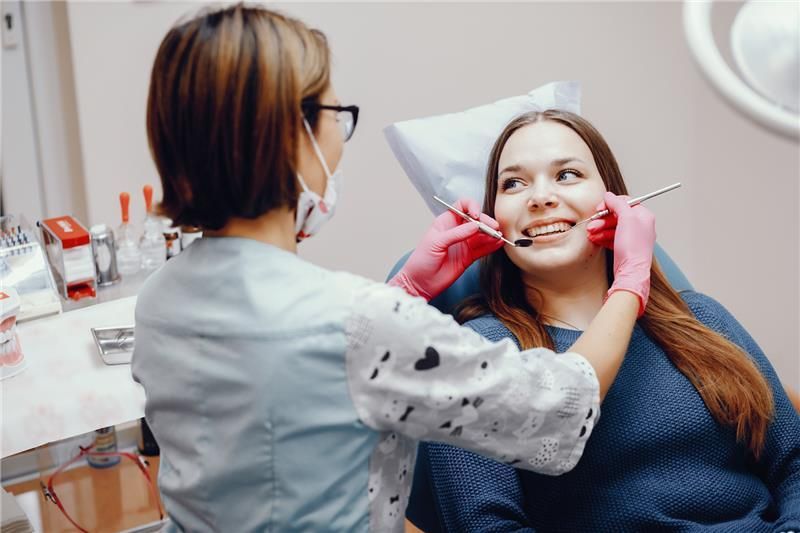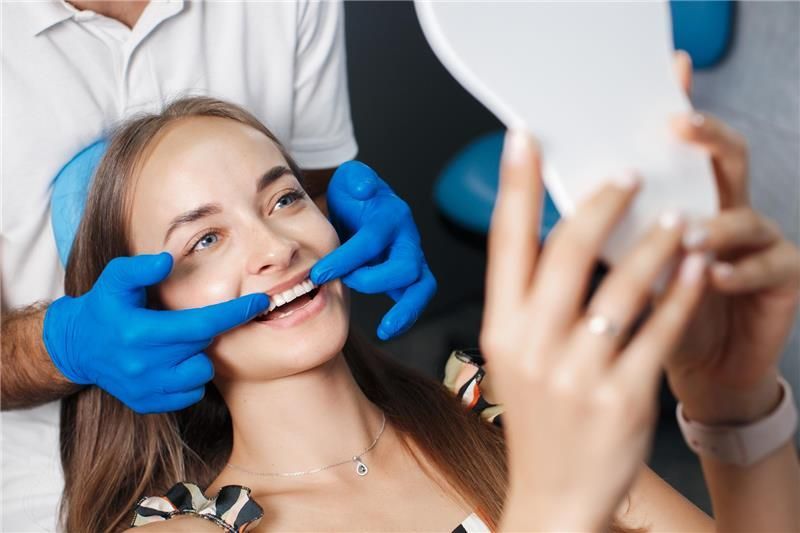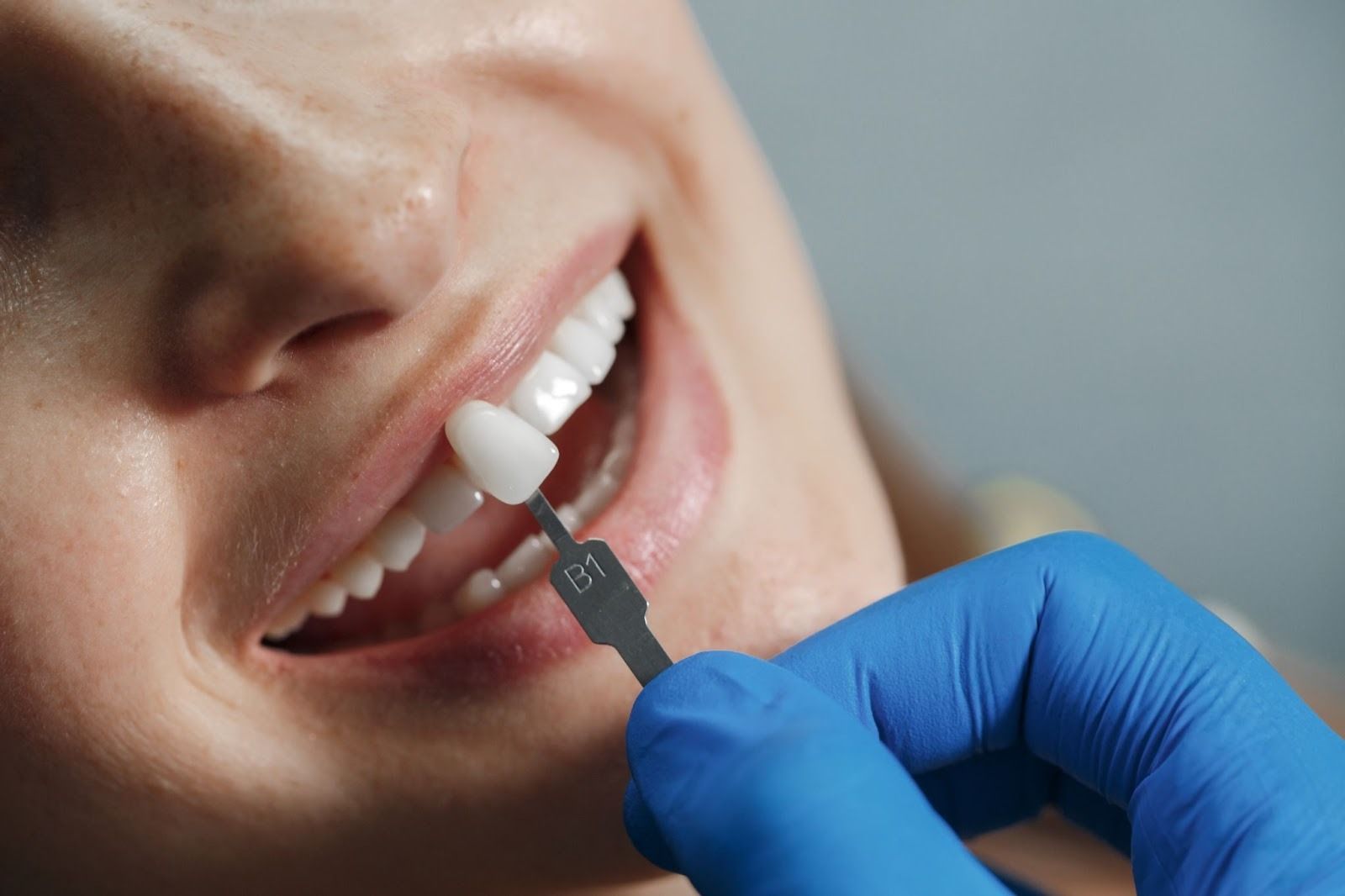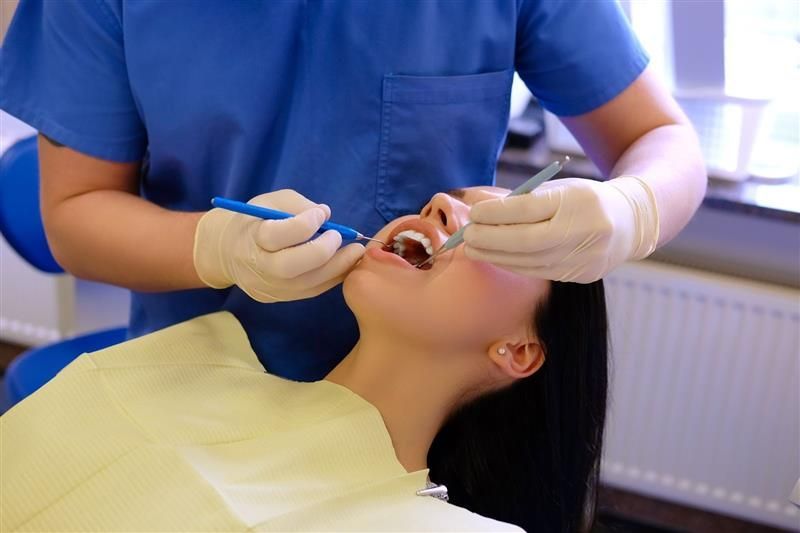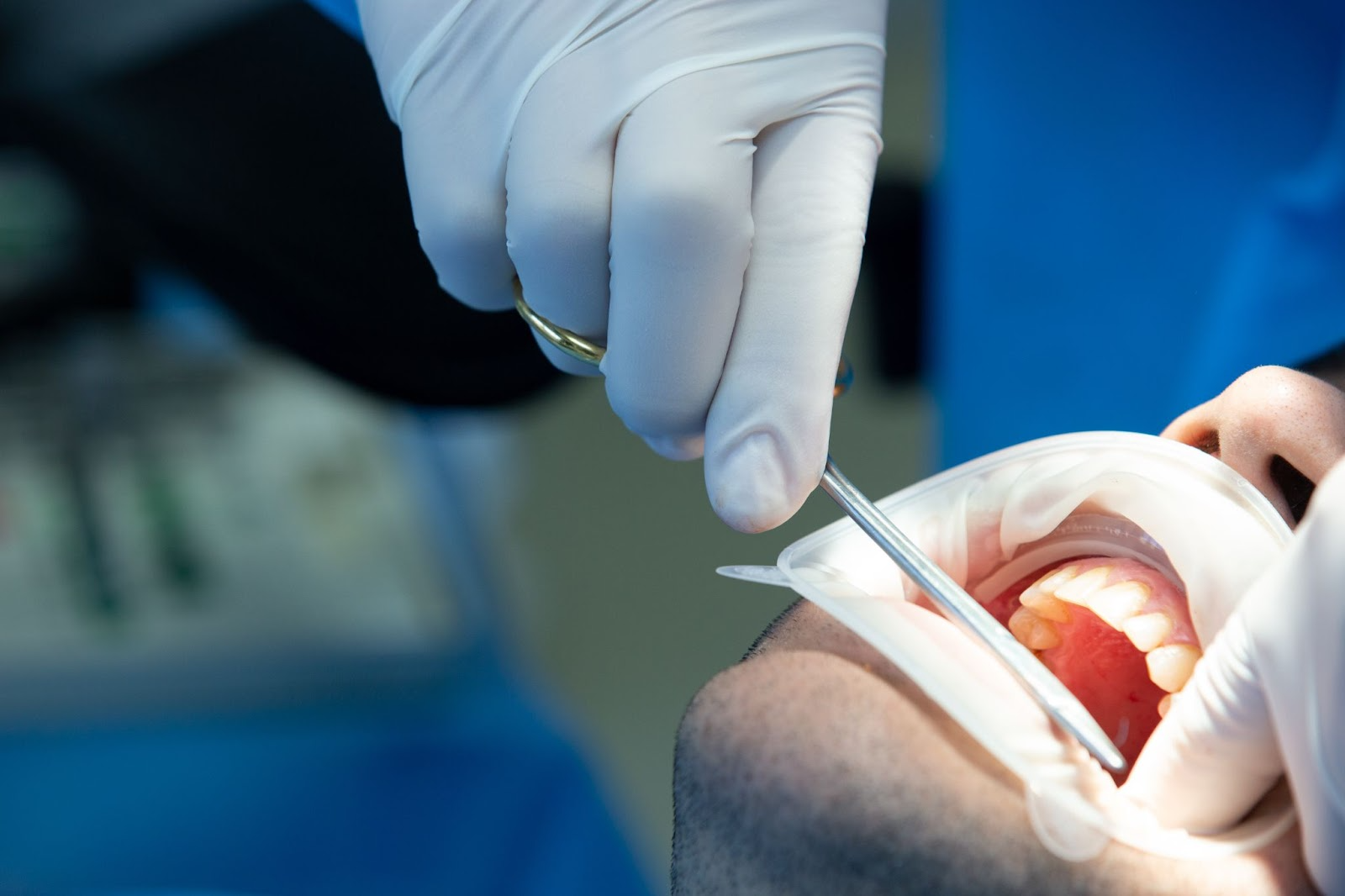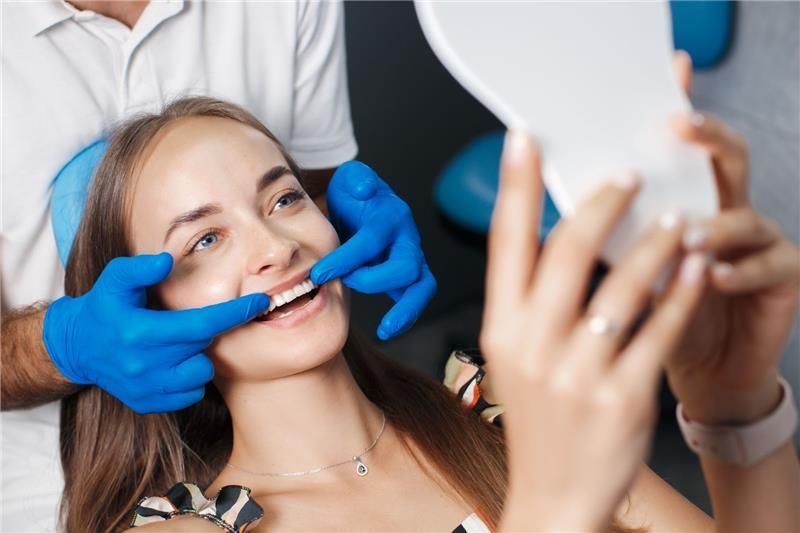5 Oral Hygiene Mistakes You Should Avoid
Do you know oral diseases affect approximately 3.9 billion of the world population?
Just because you are brushing regularly or twice doesn't mean you are maintaining a good oral hygiene routine.

Oftentimes, people make mistakes that can negatively affect their oral health and can result in dental issues like cavities, tooth decay, and gum diseases.
Herein, we are sharing 5 mistakes that you should avoid to keep your dental health in tip-top shape:
1. Poor brushing habits
A good smile makes your day a little happier, right?
So, to maintain that smile, brushing your teeth daily is very important.
However, many people follow the wrong brushing habits such as:
- Brushing teeth immediately after a meal
- Rushing while brushing
- Brushing only in the morning
- Brushing aggressively
- Using the wrong and old toothbrush
These habits can damage your teeth and can do more harm than good, so it’s advisable to
- wait for 45 minutes to an hour to brush your teeth after having a meal
- spend at least 2 minutes to brush your teeth
- brush twice a day
- brush slowly and gently
2. Not flossing
You will be surprised to know that the primary cause of bad breath is a lack of dental flossing.
People often make the mistake of using mouthwash and toothpicks instead of flossing.
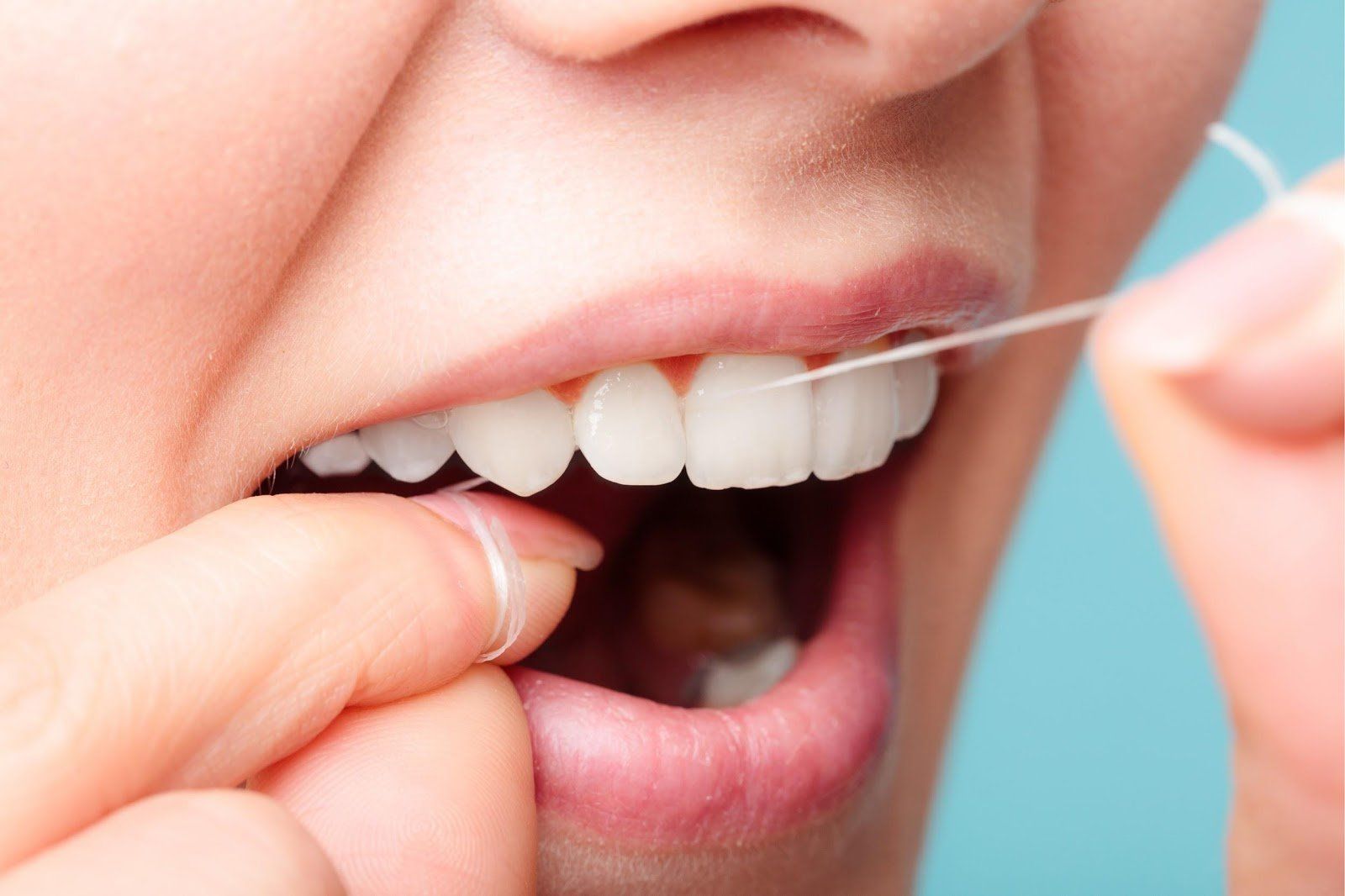
However, these tricks do not remove oral debris effectively. Floss at least once a day to remove any food particles stuck between your teeth and gums.
3. Having an unhealthy diet
The food you eat can affect both your general and oral health.
Some of the food items that are bad for your dental health are:
- Sugary beverages
- Chocolates and candies
- Sticky food items
- Starchy food like potato chips
- Alcohol
- Ice
- Bread

To have healthy teeth and gums, think before you eat and incorporate the following food items in your diet:
- Diary products
- Phosphorus-rich foods such as meat
- Fruits and vegetables
- Nuts
4. Not replacing your toothbrush
Using the same brush for a longer period can cause gum disease and tooth decay.
Once your toothbrush bristles become frayed and loses it’s stiffness, it’s time to throw it in the trash.
As per, the Centers for Disease Prevention and Control (CDC) you should replace your toothbrush after every 3 to 4 months.5. Not drinking enough water
Not staying hydrated is one of the biggest oral hygiene mistakes.
Water is very important to maintain dental health as it helps to prevent dry mouth, which leads to bad breath and can also cause cavities.
Some of the dental benefits of drinking water are:
- No more bad breath
- Hydrates your gums
- Lowers your mouth pH level
- Promotes overall health
In the end…
Maintaining disease-free dental health is a vital part of your overall well-being.
The earlier you learn from your mistakes, the easier it’ll be to avoid costly dental treatments and long-term dental issues.
Dial 718-573-3333and book dental services in Bushwick , NY

